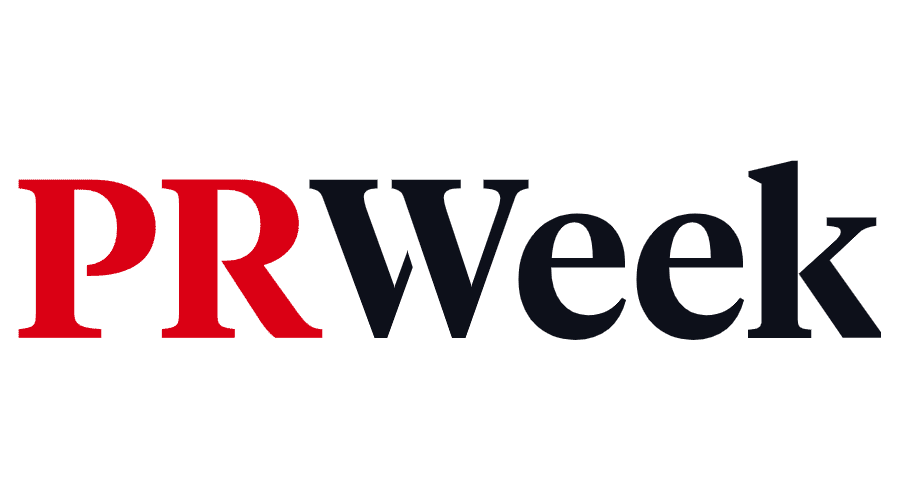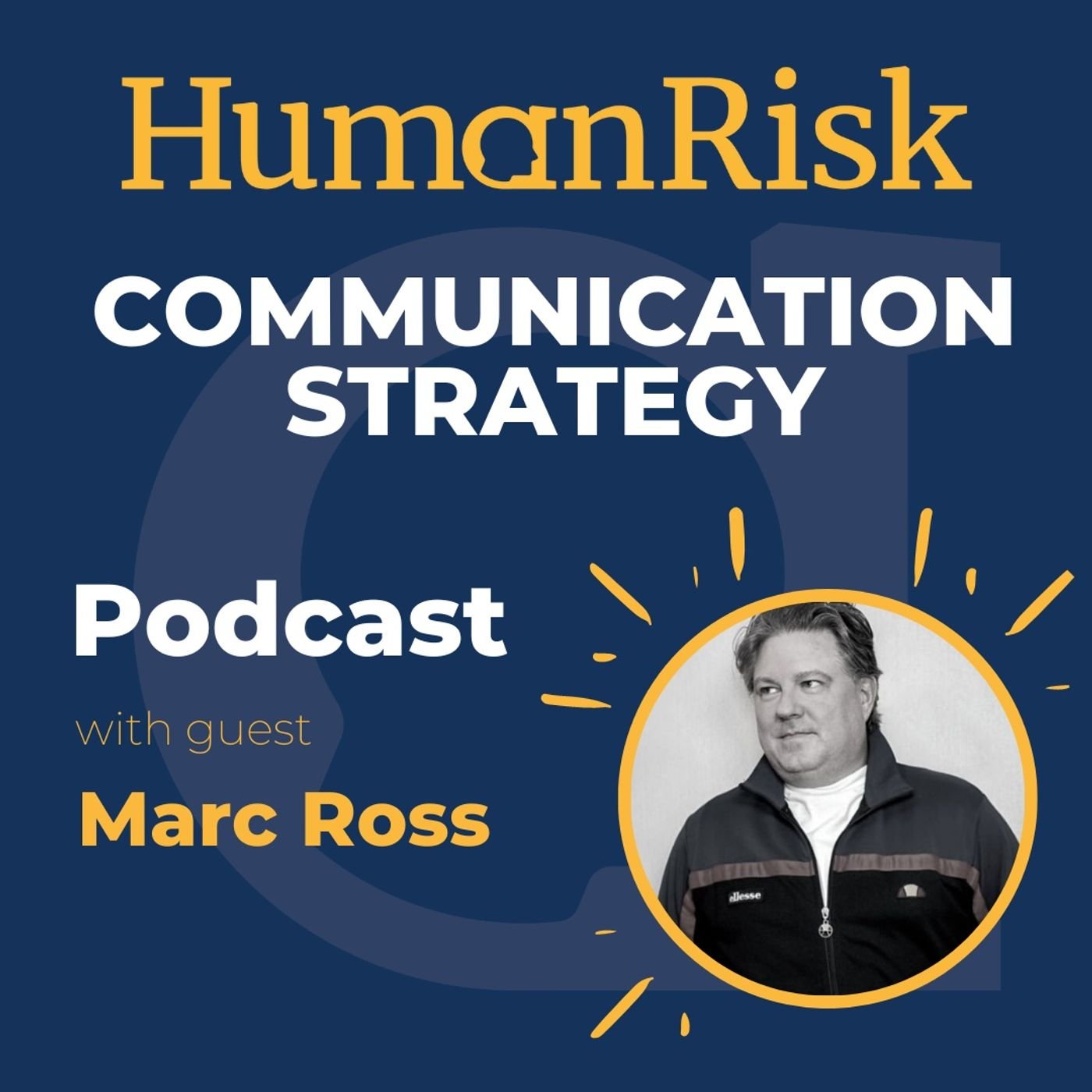+ Biden will use this speech as the prebuttal to his expected 2024 campaign launch in the coming weeks, with three main themes.
By Marc A. Ross of Caracal for PRWeek | February 6, 2023
On January 4, 1965, President Lyndon B. Johnson delivered the first televised evening State of the Union address.
Breaking with the tradition of a standard mid-afternoon presidential State of the Union address followed by a pleasant lunch with Congress, Johnson changed the time of his speech to 9 p.m. EST to attract the largest audience possible.
Namely the largest number of TV viewers across the nation.
After successfully defeating Sen. Barry Goldwater (R-AZ) in the 1964 presidential election with the largest share of the popular vote of any candidate since 1820, Johnson wanted to capture this voter mandate and essentially keep the campaign going with a robust communications effort to move the county forward.
Johnson used his 1965 State of the Union address to make a case for all the legislation necessary to achieve his plan for a Great Society. Many of the programs Johnson first spoke of during that address remain in place today.
The State of the Union address has evolved from a report to Congress to a direct address to the American people, fundamentally a direct-to-voter speech.
I see similarities between Johnson's address in 1965 and what America will see and hear from President Joe Biden this Tuesday at 9 p.m. EST.
Biden will use this State of the Union address as the prebuttal to his expected 2024 campaign launch in the coming weeks.
Not only will this be Biden's largest audience and biggest media event in 2023, but it will also build momentum for a campaign that few Americans are excited about, according to a just-released Washington Post-ABC News poll.
Expect Biden's words on Tuesday to be a proper DTV communications effort.
I think Biden’s words will focus on three main points:
Accomplishments of his first two years in office;
What needs to be accomplished in the next two years;
Why America as a concept matters to us (and the world).
Accomplishments of his first two years in office: look to Biden to focus on his administration's legislative achievements and explain directly to the American people how his legislative success will improve their lives. The economy and infrastructure will be the main focus.
Biden has repeatedly touted the bipartisan infrastructure act passed in 2021 and the globalization and supply chain changing Inflation Reduction Act, ushering in a renewed emphasis on American manufacturing and innovation.
Expect Biden to tell his fellow citizens the economy is in better shape than when he got into the Oval Office and that America's overseas alliances are now more robust because of his diplomatic engagements and foreign policy savvy.
What needs to be accomplished in the next two years: this part of the speech will have a decidedly heavy domestic feel.
Look for calls for stricter regulation of Silicon Valley, from antitrust enforcement to the need for stronger privacy protections. In 2022, Biden was the first president to mention "social media" as a topic in a State of the Union address. And in the year since, technology has only become more prevalent and political.
With the parents of Tyre Nichols attending as special guests of the president, look for Biden to call for increased police reforms and training.
Finally, the politics of the Southern Border: all four border states that touch Mexico — Arizona, California, New Mexico and Texas — have Senate races next year, will be addressed, including immigration challenges and the vast amount of fentanyl Mexican drug cartels are smuggling into America's communities.
Why America as a concept matters to us (and the world): the word on the street is that historian and author Jon Meacham has been helping Biden with this year's State of the Union address.
Meacham has served as a wordsmith for three of Biden's most important speeches: Biden’s acceptance speech at the Democratic Convention and his inaugural address. Plus, for my money, Biden's best speech, his remarks delivered on the one-year anniversary of the January 6 Capitol Hill insurrection.
Meacham’s most recent book, “And There Was Light: Abraham Lincoln and the American Struggle” reinforces what Biden has believed since the launch of his run for the White House in 2020, America has never been this divided since the Civil War.
As he did with the January 6 anniversary speech, look for Biden to remind his fellow citizens that "we are a great nation" and that "you can't love your country only when you win."
I expect Biden to be as aspirational as possible as he closes out his State of the Union address by touching on the ethos of "We the People."
Biden will remind listeners we have an opportunity for all Americans to stand for the rule of law, to maintain the flame of democracy glowing and to keep the promise of America alive. The promise of America is vital, not only to his fellow citizens but also as the leader of allied nations that can beat back and overcome the military and economic competition of Russia and China.
Though Biden has yet to enter the 2024 presidential race officially, aides to the president have repeatedly said that he plans to run again in 2024.
Tuesday's State of the Union address is the prebuttal to a campaign launch.
Enjoy the ride + plan accordingly.
-Marc
+ Marc Ross is the chief communications strategist at Caracal, a geopolitical business communications firm. He was communications director for the US-China Business Council and has extensive experience with global Fortune 100 companies, trade associations and national political campaigns in the US and UK. Follow him on Twitter @marcaross.



